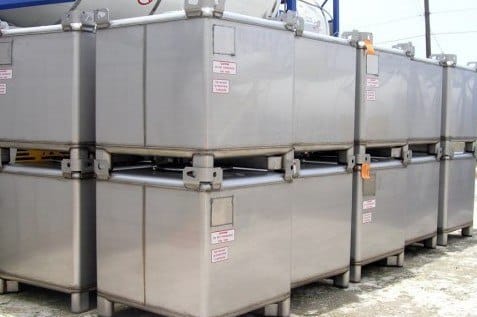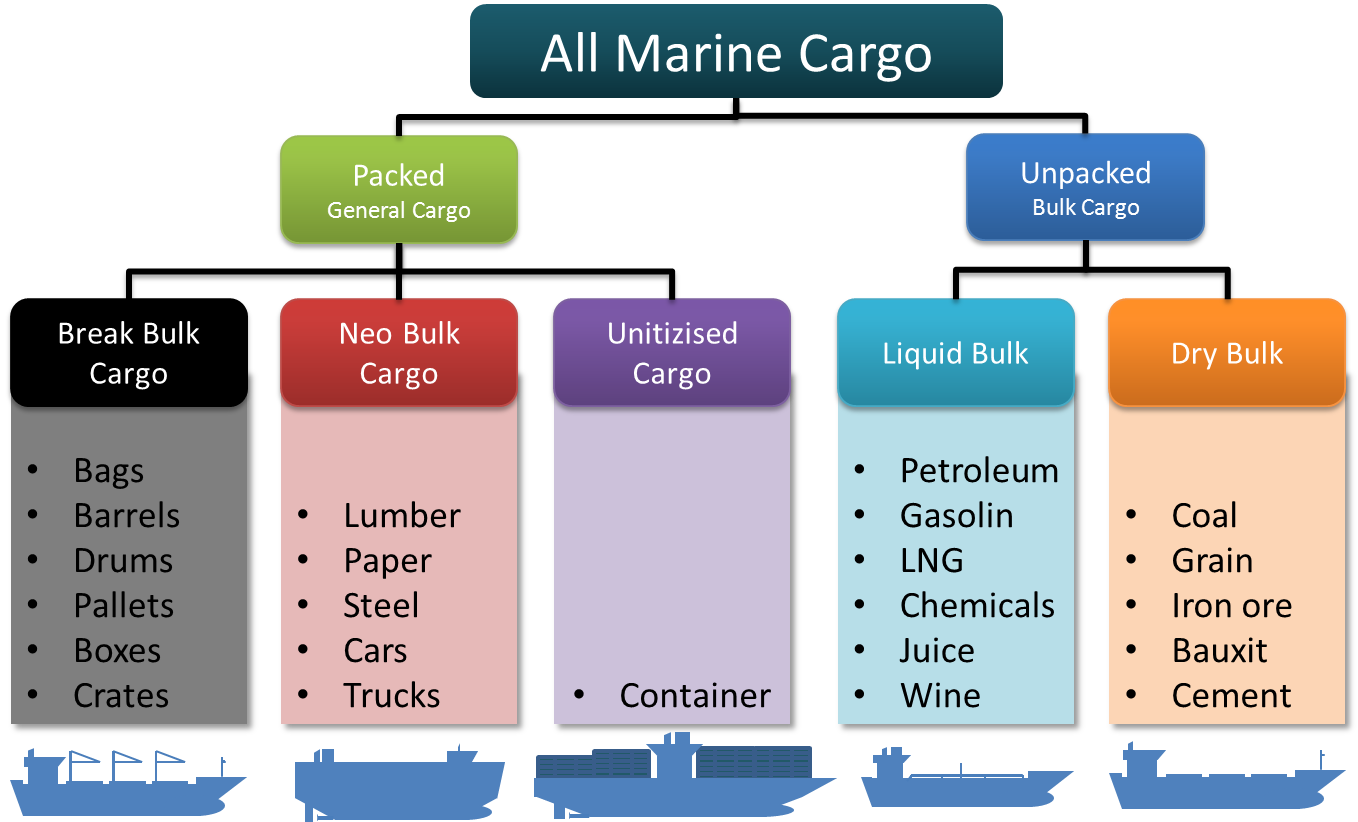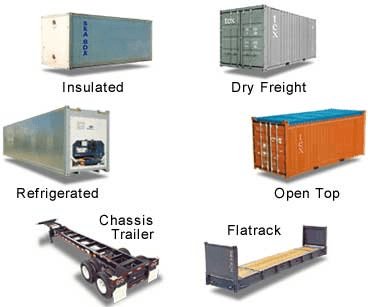Dry Bulk Container Definition

Or a combination carrier most classification societies use a broader definition.
Dry bulk container definition. As of 1999 the international convention for the safety of life at sea defines a bulk carrier as a ship constructed with a single deck top side tanks and hopper side tanks in cargo spaces and intended to primarily carry dry cargo in bulk. Pcb bulk product waste includes but is not limited to. As of 1999 the international convention for the safety of life at sea defines a bulk carrier as a ship constructed with a single deck top side tanks and hopper side tanks in cargo spaces and intended to primarily carry dry cargo in bulk. Please also refer to imo s definition of a bulk carrier.
It is loaded from the top and discharged from the bottom. It is possible to provide customized unit on. 20ft 30ft 40ft 45ft dry bulk containers are available with following variations double wing door inspection door aluminium discharge hatch roof hatch 500mm with stainless steel cover lid plywood floor carbon steel floor. Shipping container that can hold free flowing dry cargo such as cement grains and ores.
These instruments help shipowners and operators manage freight rate risk. Pcb bulk product waste does not include pcbs or pcb items regulated for disposal under 761 60 a through c 761 61 761 63 or 761 64. 1 non liquid bulk wastes or debris from the demolition of buildings and other man made structures manufactured coated or serviced with pcbs. Dry bulk materials are unpackaged goods shipped in large parcels by sea and destined for manufacturers and producers.
Or a combination carrier. A dry bulk container is a shipping container transporting raw materials such as grain powder or sand in large unpackaged parcels. The so called geared dry bulker can at times carry a full and complete homogeneous cargo under deck on deck such as sawn timber or strapped bundled logs paper pulp trade and must observe all the prevailing rules of the trade and good seamanship concerning. Freight derivatives are financial instruments that derive their value from freight rates such as dry bulk carrying rates.
Coal grains and metals are examples of dry bulk commodities.

:max_bytes(150000):strip_icc()/shutterstock_318578342-5bfc47b746e0fb00514b4368.jpg)










































